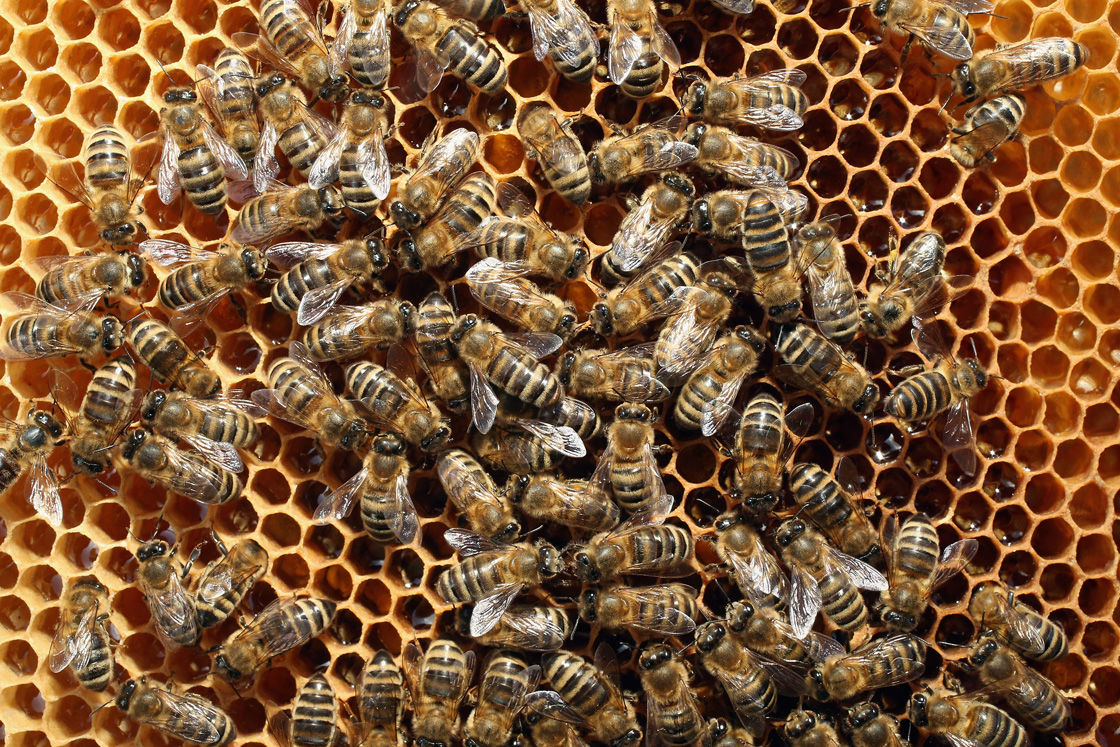VANCOUVER – Beekeepers and a developer have teamed up on a sweet idea that they hope will add buzz to the streets of Vancouver.

Milross Gardens is a 540-square-metre lot in the shadow of the Georgia Viaduct near Chinatown that’s owned by the developer Amacon.
Under a program announced Monday, Amacon and the non-profit group Hives for Humanity, announced the garden is also the new home for two honeybee hives, two queen bees and 40,000 to 60,000 insects.
Hives for Humanity spokeswoman Sarah Common said pollinators, like bees, are responsible for two thirds of everything people eat, but their populations are suffering because of habitat loss and agricultural practices that rely on chemicals.
“We’re hoping to demonstrate innovative uses of space in the city where we can create pollinator sanctuaries in the middle of all of the traffic and the hubbub,” she said.
In fact, 40 of the garden’s 130 raised-planting boxes grow plants that are essential to pollinators.

Get breaking National news
Yet, there are all sorts of other useful “nooks and crannies” in the city, she added, and they range in size from less than a square metre to the size of the garden.
Amacon spokeswoman Melissa Howey said the new program means the gardens will also offer free, Monday night workshops, so people can learn about bees, gardening and urban agriculture.
“Today is just a celebration of the garden, of the gardeners themselves, of the bees, of Hives for Humanity and just this partnership that we’ve started,” she said.
There’s a plan that’s even bigger than Milross Gardens, said Common, and her group hopes to create corridors throughout the city, so bees can move about and connect with other bees.
“They make everything bloom, and they get the fruits and the vegetables producing,” she said. “So supporting them really, you know, increases the vibrancy of our lives.”
To accomplish its goal, Hives for Humanity partners with other non-profits, community gardens, businesses, developers, schools, residents with backyards and even prisons, said Common.
Residents who agree to house a couple hives in their backyards get some of the honey produced, she said, adding the rest is sold to support its programs.
“We profile our honey by community,” she said. “There’s an incredible diversity of flavour by community, so, like, if you’re over on Commercial Drive your honey will taste quite different than it will from these Milross Gardens, just based on what the bees are foraging.”
A recent report by an international panel of 50 scientists, known as the Task Force on Systemic Pesticides, concluded that two widely used pesticides were killing bees and other insects and harming the environment.
The task force called on tighter regulations for the pesticides, while environmental groups called for their outright ban.
Health Canada said it was monitoring crops this growing season. It also said it could impose restrictions after careful evaluation of the impacts of pesticides.







Comments